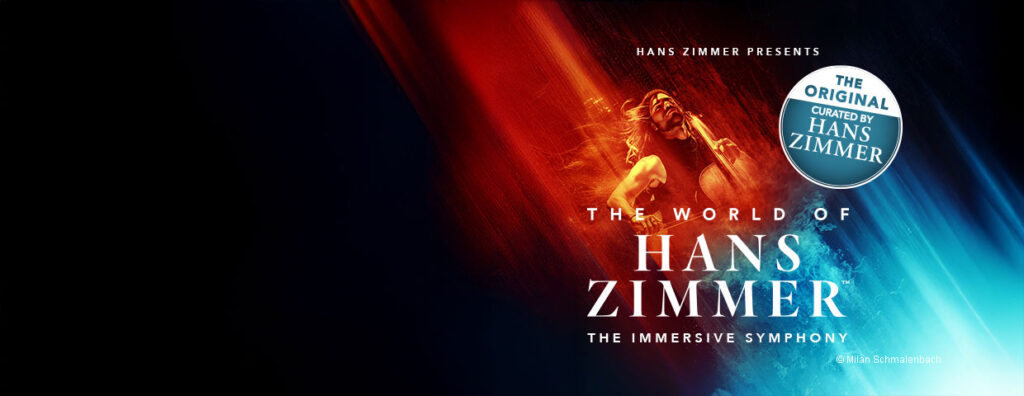
Introduction
Hans Zimmer, a name synonymous with contemporary film scores, has redefined the landscape of movie music since the early 1990s. His work has not only contributed to box office successes but also transformed the emotional experience of film watching. As audiences become increasingly aware of the role music plays in storytelling, Zimmer’s innovative compositions stand out, blending traditional orchestral sounds with cutting-edge technology.
A Journey Through Sound
Born on September 12, 1957, in Frankfurt, Germany, Zimmer’s passion for music was evident from an early age. He started his career in the late 1970s, initially composing jingles before making a name for himself in the film industry. His breakthrough came in 1988 with the score for “Rain Man,” which earned him his first Academy Award nomination. Since then, he has gone on to win numerous accolades, including two Academy Awards, four Grammy Awards, and a Golden Globe, establishing him as one of the most influential composers in Hollywood.
Zimmer’s collaborations with prominent directors like Christopher Nolan and Ridley Scott have produced some of cinema’s most memorable soundtracks. Films such as “Inception,” “Gladiator,” and “The Dark Knight” showcase his ability to create a sonic landscape that enhances narrative depth and emotional resonance. His unique approach often involves blending live instruments with synthesized sounds, creating an expansive auditory experience that captivates audiences worldwide.
Current Projects and Future Endeavors
As of 2023, Zimmer continues to push boundaries in the music industry. Recently, he has been focusing on larger projects that include scoring video games and participating in live concert tours. His work on the upcoming movie “Dune: Part Two” is highly anticipated, building upon the success of the first installment, for which he received significant praise for his use of sound to evoke the film’s otherworldly setting.
Zimmer has also expressed interest in collaborating with diverse artists across various genres, showcasing his versatility and willingness to explore new musical avenues. His goal remains to create music that not only serves the film but also resonates with audiences on a personal level.
Conclusion
Hans Zimmer’s influence on the film industry is profound and lasting. His ability to blend different musical styles while maintaining a distinct personal touch makes him a legend in the world of film scoring. As the industry continues to evolve, Zimmer’s innovative spirit is likely to inspire new generations of musicians and filmmakers alike. For audiences, his work remains a testament to the power of music in storytelling, enhancing the cinematic experience in ways that words alone cannot achieve.



